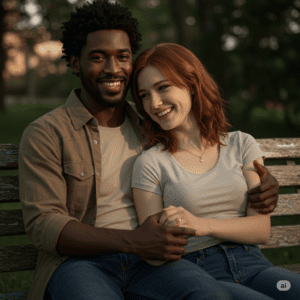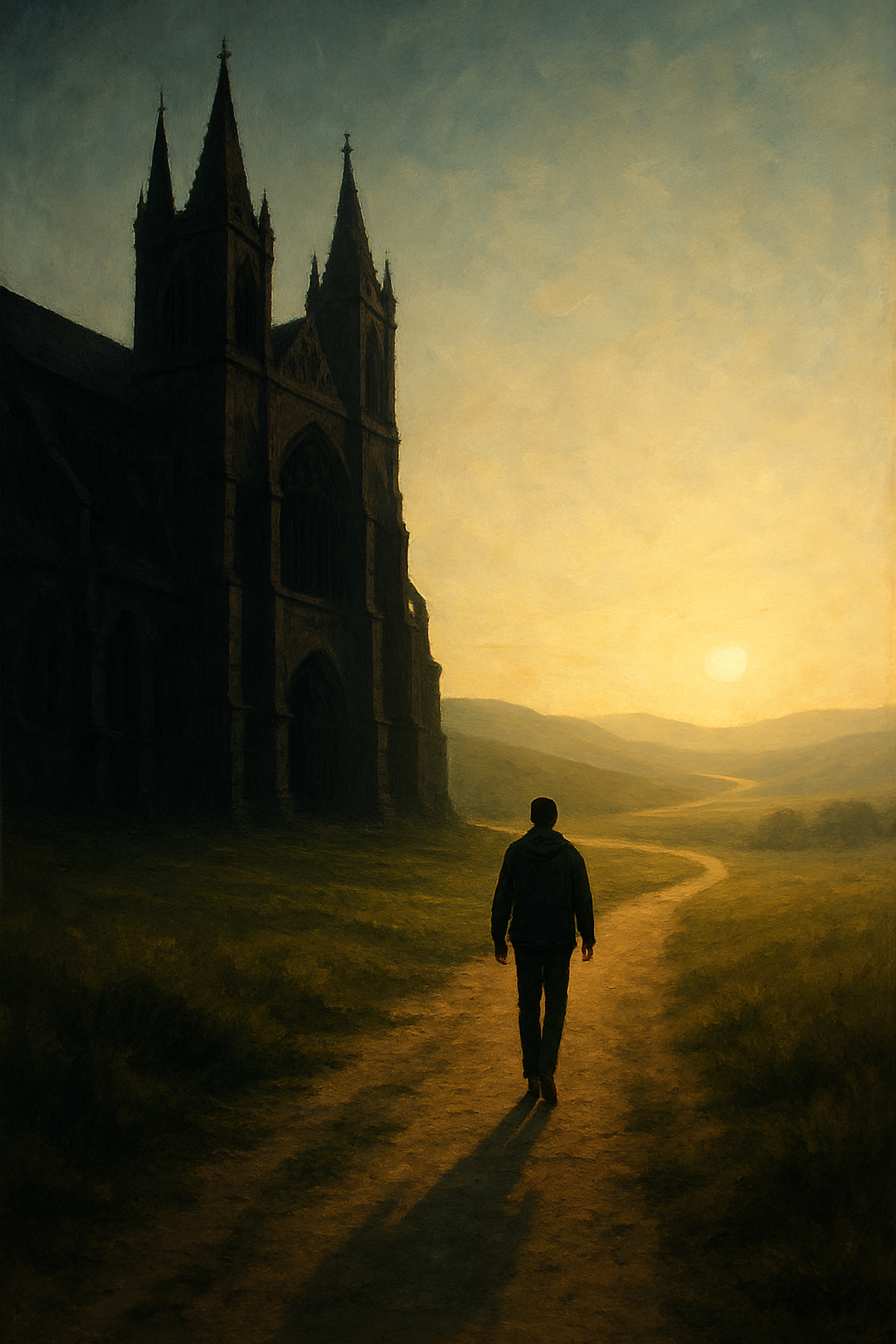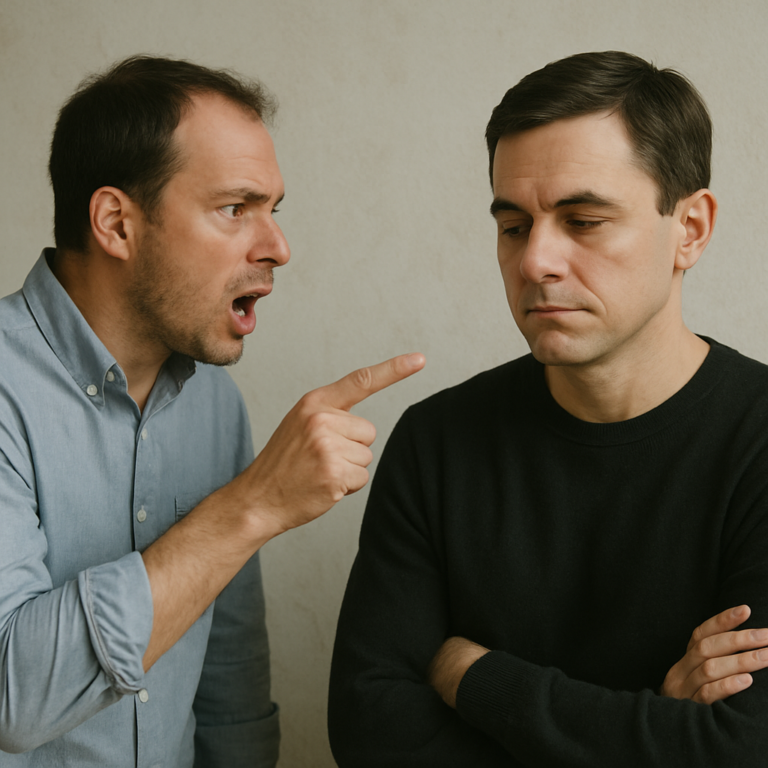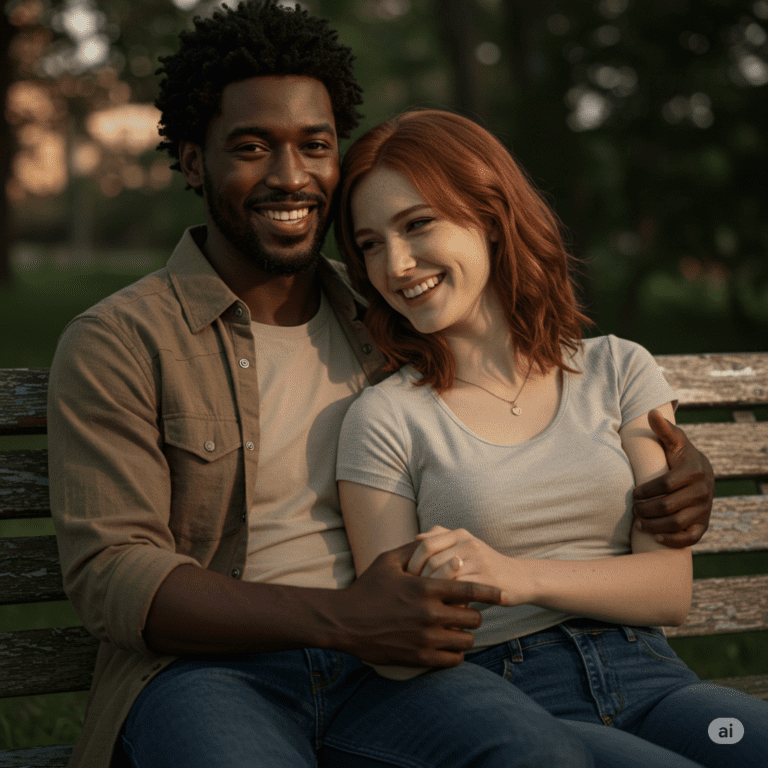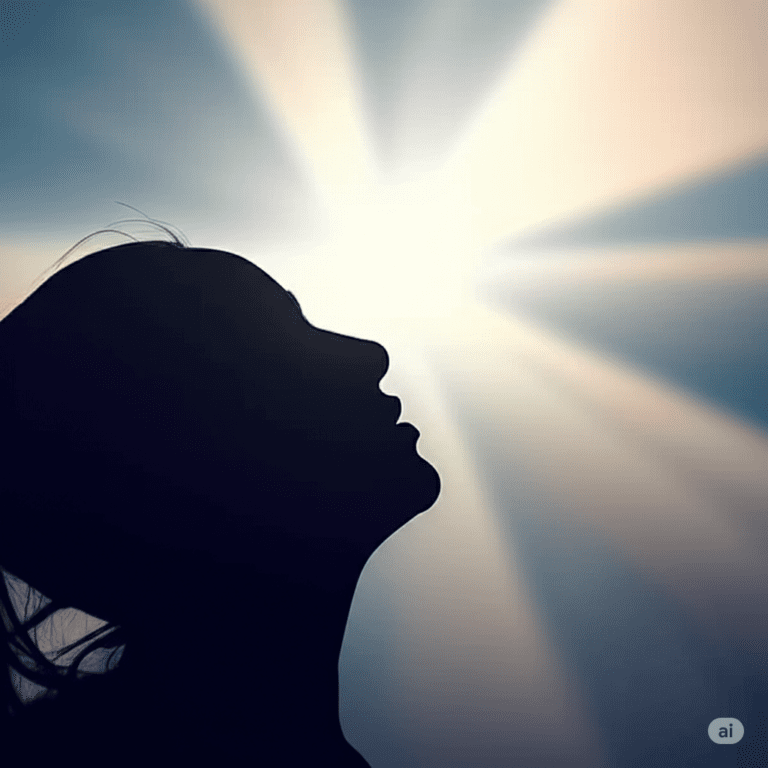The first step toward peace was letting go of everything I thought I knew.
I was raised Catholic—deeply, sincerely, and completely. My childhood was shaped by Catholic traditions: I grew up in a Catholic family, attended private Catholic school from kindergarten through high school, and later went on to a Catholic college. Faith was the background music of my life.
As a child, my belief in God brought me a sense of calm. I prayed often—at night, during the day—not for material things, but for wisdom, understanding, and the strength to carry whatever burdens I had. My faith wasn’t something I performed; it was something I lived. I remember walking alone across the city before sunrise just to attend Sunday mass. My values came from the New Testament, especially the parables. They were the foundation of my sense of right and wrong.
For years, I defended my faith passionately. I argued with atheists and believers of other religions. But despite that certainty, something didn’t sit right inside me. I’ve always been a thinker—maybe an overthinker. And as I grew older, that tendency started manifesting as anxiety and even panic attacks. Therapy and medication helped, but what truly opened my eyes was confronting the contradictions in my mind—concepts I had accepted without understanding.
In moments of pressure, especially in competitive environments, I saw sides of myself I hadn’t seen before—aggressive, instinctual, even animalistic. These weren’t qualities I associated with the spiritual image I had built of myself. That was the turning point. I realized I couldn’t heal if I kept living with internal contradictions. I needed to clear my mind of everything—beliefs, assumptions, expectations—and see what remained.
Letting go of God wasn’t an act of rebellion. It was a step toward peace. I decided to take a break from belief, to see what existed beyond it. It was difficult at first. My thoughts were deeply shaped by religious patterns, most of them automatic. But after a couple of months, something shifted. I didn’t return to faith—because it no longer held the same weight. It had lost its meaning.
What I found instead was a new sense of awe—not in the divine, but in existence itself. I began to believe in myself. Life felt more beautiful, more immediate, more real. I started to understand pain and hardship in new ways. Everything became easier to comprehend. I hadn’t lost something. I had gained clarity.
My transition to atheism wasn’t slow—it happened fast, like stepping into a new room after opening a long-locked door. I didn’t pass through agnosticism or spirituality. I simply no longer believed in a higher power.
The philosophy of Nietzsche, especially his idea of the Übermensch, helped articulate some of what I was feeling. But this wasn’t an intellectual decision—it was personal, emotional, and deeply practical. I needed peace, and I found it by letting go.
Emotionally, the change brought peace—but also adjustment. I had to retrain my brain to stop saying things like “God willing” or “I’ll pray for you.” For a while, I missed prayer—not the ritual, but the quiet space it gave me to reflect, hope, and express gratitude. So I created my own way to do those things, free from the idea of a divine listener.
My relationships mostly remained intact. My father once suggested I was bound for hell. My mother was heartbroken, as if something terrible had happened to me. But my wife and kids offered complete support. For a long time, I didn’t explain much. I didn’t feel the need to argue. I know what it means to believe—so I respect others’ beliefs. But I also don’t hide who I am. When people ask, I simply say: I’m an atheist.
Letting go of religion didn’t make me less moral. In many ways, it made me more so. My virtues are no longer about expectation or fear of punishment. They come from care—for the people I love, for the world I live in, and for the life I’m lucky to experience. I understand now that morality is part of being human. I see animals protect and nurture their young. I see empathy, loyalty, and love everywhere.
Without belief in an afterlife, I’ve had to redefine concepts like love, beauty, and death. And in doing so, they’ve become more meaningful. Life is not a test—it’s the whole story. Death isn’t a gateway—it’s the end of a rare, beautiful moment. And because of that, I cherish each day more.
What does being an atheist mean to me? It means living with honesty. It means not pretending to know what I don’t. It means finding purpose in the now, not in a promised future. It’s something personal, and not always understood. People often assume I’m angry at God or running from guilt. Some say I’ll go to hell. But I’m not hiding. I’m just living—openly, clearly, and without fear.
I don’t believe we need religion to live morally or meaningfully. In fact, I believe a better society lies ahead of us—one built on empathy, reason, and shared humanity, not fear or manipulation. I no longer look to the heavens for justice. If there’s wrong in the world, we need to face it here, now. That’s our responsibility.
To anyone questioning their faith, I offer this:
Question it. Confront your fears. Give yourself space to think.
Find the root of your suffering and search for the contradictions in your beliefs. We are heavily programmed to think a certain way, and it takes time and courage to set your mind free. But the reward is worth it. You’ll come out with a life that is yours—truly yours.
Be brave. Be honest. Be human.
If this post resonated with you, feel free to share or comment.
This space exists for thoughtful, human conversation-no preaching, no judgment.
About the Author
I’m a former believer, a quiet thinker, and a lifelong seeker of clarity. After decades of faith, I stepped away from religion to rebuild my worldview on honesty, empathy, and reason. This blog is where I reflect on that journey—and explore what it means to live a meaningful, moral life without God.

